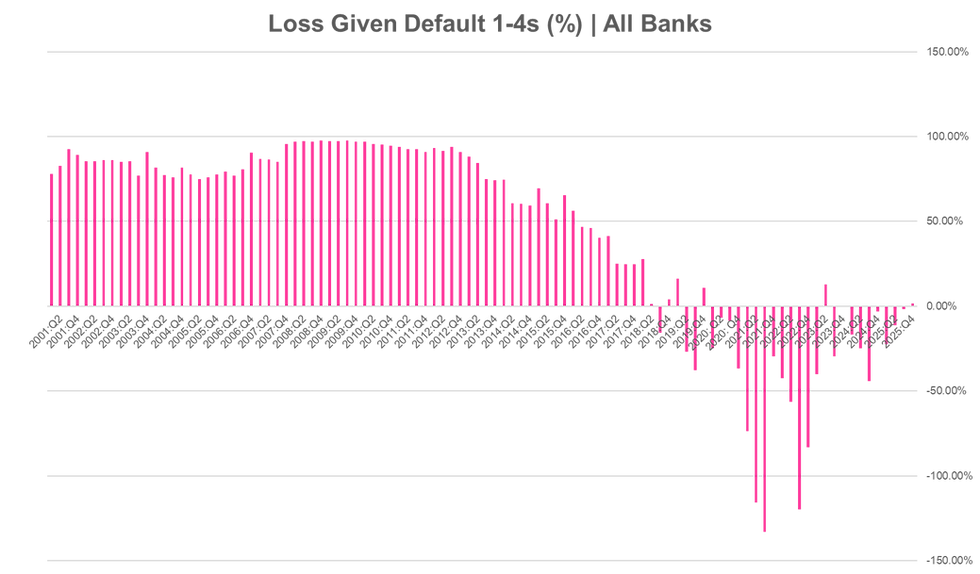Artur Meyster: Managing the Risks of Career Change
- Oct 21, 2020
- 3 min read
In this issue of The Institutional Risk Analyst, we change gears a bit to get a view from Artur Meyster, founder and CTO of Career Karma, on the challenges facing millions of American's who may need to change careers due to COVID -- or maybe should not.
There are plenty of reasons to leave your current job and change careers, but there are probably even more reasons not to switch your career. Switching your career has significant consequences. Once you make a change, it can be difficult to change once you start down the path. Everyone has a different career path, and an opportunity's risks and rewards are as unique as the individuals who pursue them.
COVID-19 is amplifying both the risks and rewards associated with new opportunities. Some people view the epidemic as a sponge soaking up all of the possibilities and giving them a reason to stay the course, while others see it as the perfect chance to try something new. COVID-19's impact on the economy is causing people in the food, travel and hospitality business, for example, to rethink their career choices while tech professionals are happy that the world's dependence on their devices.
Plan For Hardship
People stay in their current careers longer than they want because switching your career is hard. Entering a new industry with little experience often means a salary reduction and sometimes less than favorable hours. Switching careers doesn't always equate to success either. There are hundreds of variables that contribute to the success or failure of a career change.
It's impossible to predict the risks associated with leaving your profession. You can only plan for so many circumstances. Being okay with variability and remaining agile in response is the only way to prevent the fear of risks from preventing you from making a career change. One way to mitigate risks is to focus on a career experiencing growth.
You don't need to watch the stock market to know technology's impact on everyday lives. The pandemic increased our reliance on technology and is present in nearly every aspect of life. You don't have to live in Silicon Valley or live near a major university to learn tech skills. You can learn them by attending an online bootcamp from reputable schools like Flatiron.
View Costs As An Investment
A common cost of switching careers is gaining new skills through job training or the traditional method of earning another degree. Any effort to upskill will involve an investment of time and money. It's easy to think of these costs as negative aspects of changing careers, but it's essential to view these as an investment in yourself. Night school might not be your favorite place to spend Tuesday and Thursday evenings, but it will give you the flexibility and extra income in a few years to enjoy your evenings more after a day of rewarding work.
The same goes for the costs of schooling. The $50,000 price tag that comes with a master's degree is a shock that can be hard to overcome. Instead of thinking of current losses, think of future gains. How quickly will you earn back that money with a pay raise or new job thanks to your higher degree? In five or ten years, will the extra money be worth it? If you are considering switching to a tech career, many of the best online coding bootcamps offer tuition deferrals or job placement guarantees to lessen the burden of upfront costs.
Look Sideways
Changing your career doesn't have to feel like jumping off a ledge hoping there is a safety net. Not all changes are radical. It's possible to switch your career without changing industries. You can use your current career as leverage to get into a new industry. Businesses need people with skills from a variety of backgrounds. Use your network at your current company to find roles that would be a good fit for you. Hiring managers like to hire people that don’t need training and can adapt to the company culture quickly.
Know What You Don't Want
Before you write your resignation letter, it's important to know what you don't want in your next career. Leaving your finance job for a teaching role might be a big regret if teaching isn't what you want. The dissatisfaction we feel at our current jobs isn't always easy to put a finger on, but slowly identifying the things you don't like about our current positions will help you find a new position that fits your needs.
It May Be Risky To Stay In Your Current Career
Every decision we make in life poses a risk. Even non-decisions contain risk. It could be riskier to stay at your current position than to start making moves for your next career. But the career change process starts by carefully considering your options and seeking ways to grow your value in the always changing marketplace.


.png)




Comments